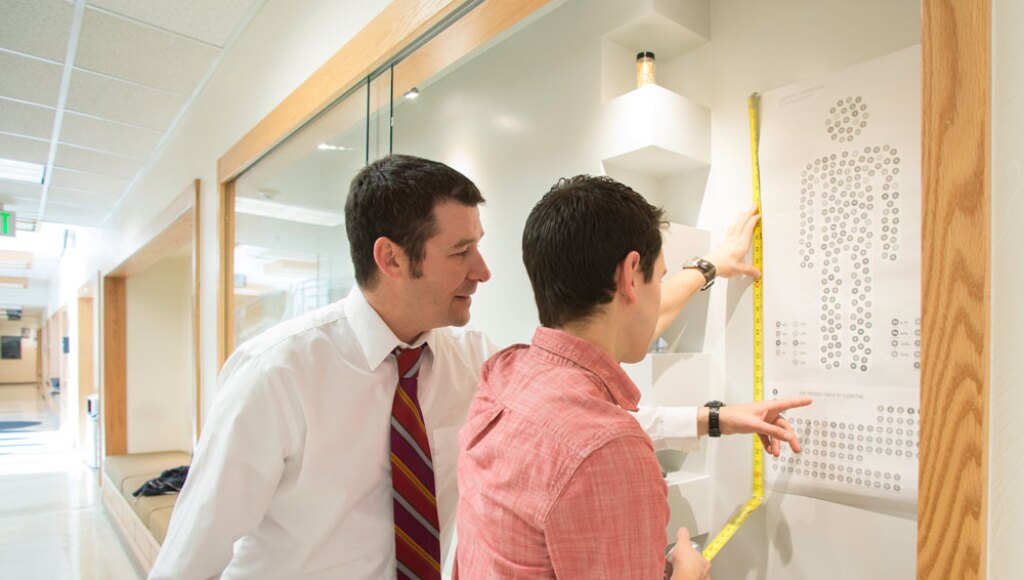All students can be blessed through mentoring. As employees, we focus on mentoring students through teaching, advising, and ministering. The following section discusses possible ways to begin or improve as a mentor.

Preparing To Mentor
No matter what type of mentor you are, following these steps can help you build a trusting relationship with students and set you on the path to meaningful mentoring.
Gain an Understanding of the Student Experience
Approaching students with love and understanding will help students know that employees and faculty are trustworthy and dependable.
Scriptures to study:
a. John 14:26—(the Comforter teaches all things)
b. 1 Nephi 10:17—(the power of the Holy Ghost)
Scriptures to study:
a. John 14:26—(the Comforter teaches all things)
b. 1 Nephi 10:17—(the power of the Holy Ghost)
Mentor with the Spirit
When mentoring with the influence of the Holy Ghost, students can feel your love for them and be strengthened by your testimony.
Scriptures to study:
a. 2 Nephi 33:1—(speaking with the power of the Holy Ghost)
b. D&C 100:7-8—(speaking with the Holy Ghost)
c. Colossians 1:9—(don’t cease to pray)
Scriptures to study:
a. 2 Nephi 33:1—(speaking with the power of the Holy Ghost)
b. D&C 100:7-8—(speaking with the Holy Ghost)
c. Colossians 1:9—(don’t cease to pray)
Set Goals with Students
Students can be blessed by a mentor who helps them find a goal to cling to during their college career. Helping students discover a vision for themselves is important for their career and for their testimony as disciples of Jesus Christ.
Share these scriptures with students who lack vision or need to set goals for themselves:
a. Proverbs 29:18—(have a vision)
b. Alma 5:15—(look forward with an eye of faith)
c. D&C 76:12—(The Lord’s plan for you)
d. D&C 20:11—(The Lord calls many to His holy work)
Share these scriptures with students who lack vision or need to set goals for themselves:
a. Proverbs 29:18—(have a vision)
b. Alma 5:15—(look forward with an eye of faith)
c. D&C 76:12—(The Lord’s plan for you)
d. D&C 20:11—(The Lord calls many to His holy work)
Serve and Invite
Serving students and helping them become successful is our highest priority. Each student will have questions and personal struggles. Our responsibility is to reach out and connect with them. You can bless students in ways that will influence their careers, academics, and—most importantly—discipleship.
Employees can prepare to become successful mentors by becoming familiar with campus resources, learning students’ names, using office time proactively, and reviewing at-risk surface signals and underlying causes.
